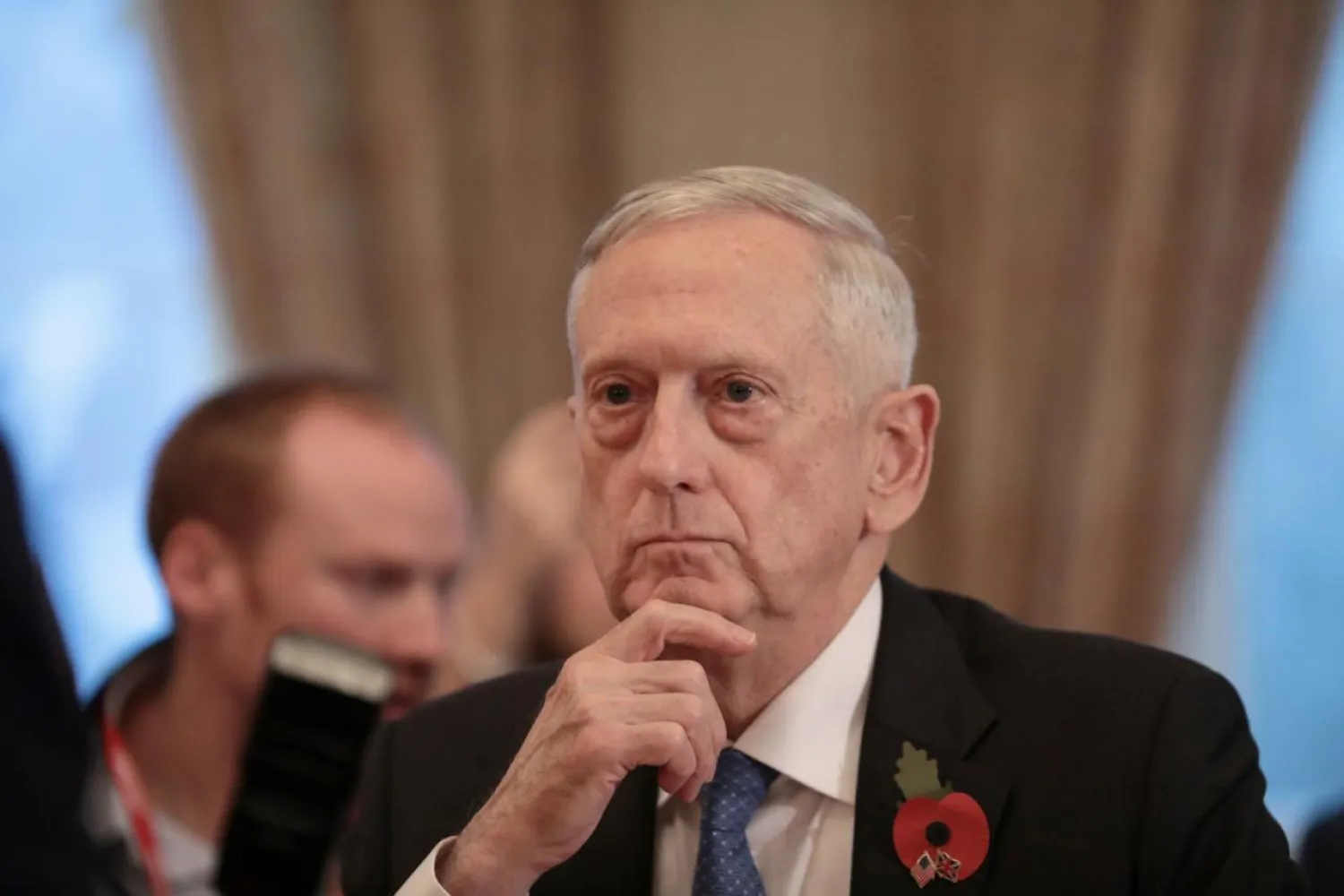Russian Foreign Minister Seregy Lavrov criticized US Defense Secretary James Mattis correlating the US-led international coalition’s withdrawal from Syria and Iraq with Geneva peace talks.
“We’re not just going to walk away right now before the Geneva process has traction,” Mattis told an audience of reporters.
“The United States believes that the right direction for Syria is regime change, as you know. Despite not demanding that Syrian President Bashar Assad resign immediately, their claims contradict the Geneva agreements,” Lavrov responded, adding that Washington's stated aim in the Syria war is the fight against terrorism.
On the other hand, Lavrov said that Russia did not promise to ensure the withdrawal of pro-Iran groups from Syria, commenting on a statement from a State Department official who said otherwise.
“If we can achieve calm in areas of escalation. We can talk about it. Of course, if peace and tranquility have a stable character, we can talk about withdrawing Iran-controlled units," said Russia's special envoy on Syria, Alexander Lavrentiev.
But Russia, which has a long-term military garrison in Syria, has said it wants foreign forces to quit the country eventually.
Both US President Donald Trump and Russian President Vladimir Putin affirmed joint efforts to stabilize Syria as its civil war wanes, including with the expansion of a July 7 truce in the southwestern triangle bordering Israel and Jordan.
Mattis said he believed the southwestern zone was working, and spoke hopefully about additional areas in the future that might allow for more refugees to return home.
“You keep broadening them. Try to (demilitarize) one area then (demilitarize) another and just keep it going, try to do the things that will allow people to return to their homes,” he told reporters at the Pentagon.
He declined to enter into specifics about any future zones.









